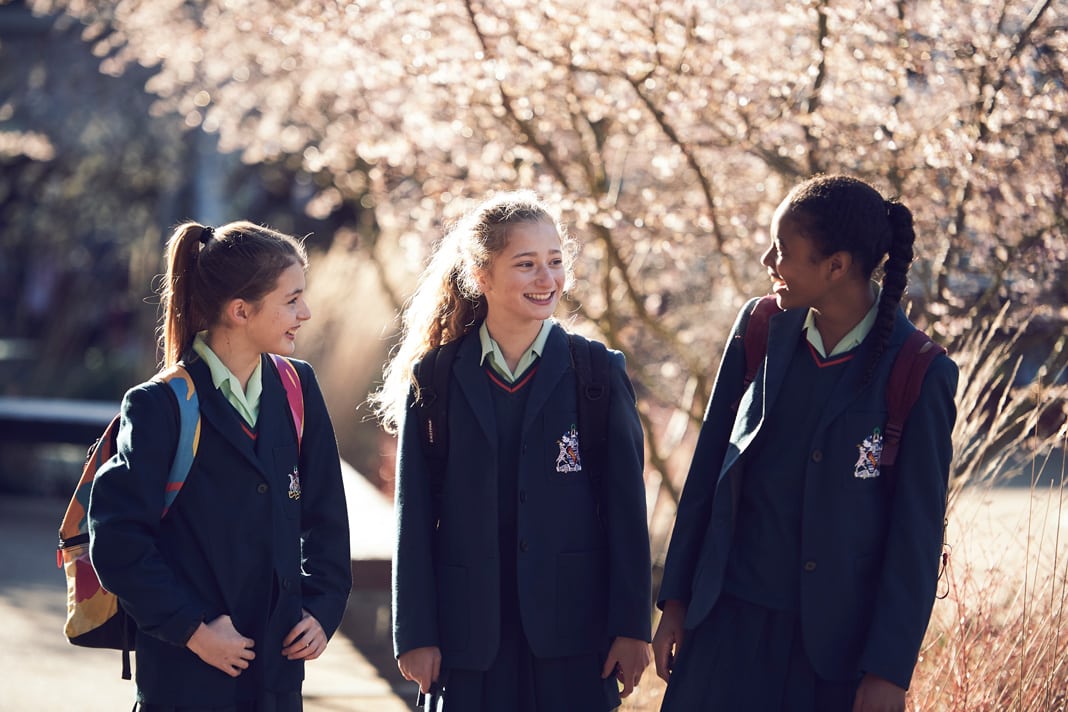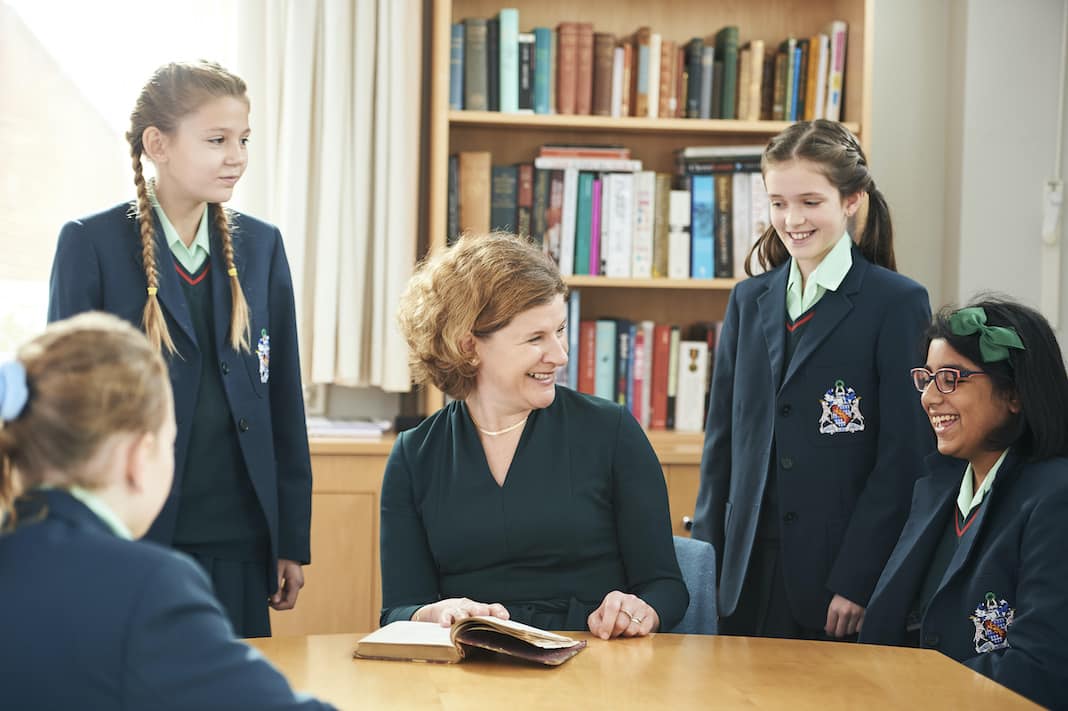Rose Hardy, Headmistress of Habs Girls in Elstree, considers how we help young people to navigate their fears and anxieties about climate change – and respond positively ourselves
Even a child who doesn’t watch or read the news cannot fail to be aware of the climate change that is happening all over the planet. Our children are global citizens and observers of the modern world. From the earliest days we have taught children about the weather, about the impact of the natural world, storms, fire and floods. Whether it be recent forest fires in Russia and Spain, the extinction of species, recycling campaigns, sustainability or the impact of what we eat, climate change information is all around us and children are all-consumed by it.
Over the last few years children have been exposed to young climate activists such as Greta Thunberg, student strikes, Extinction Rebellion and multiple protests, so climate change is very accessible to young people today. Over the last decade or so, the environmental agenda has become a curriculum staple in our schools, and rightly so. We are educating the future generations of society and it is important that they are aware of the potential challenges our planet faces as a result of how we live.

The darker reality of climate education
Most schools are openly playing up climate action, with eco councils and eco prefects becoming the norm within school communities. Yet over-consumption of the environmental agenda also brings with it a darker reality. Climate anxiety is growing amongst children and there is a palpable sense of apprehension, burden and fears about the future. In some cases, there are even deeper feelings of hopelessness and despair.
In a similar way that politicians and the media during the 1980s fuelled children’s fears with the prospect of nuclear oblivion, the same sense of panic and fear around individual safety that stems from predictions of a future of uncertainty and destruction are consuming many young people’s minds today. The question is, how can we retain the importance of climate change without resorting to fear, scaremongering and negativity? Climate education needs to be inspiring; it needs to challenge. As schools, we need to look to channel anxieties into actions that are both empowering and encouraging.
“There is a big appetite out there for creating a better, safer world – as educators we need to capitalise on that positivity”
At a recent school freshers’ fair, it was striking to witness just how many young students were signing up for environmental clubs and campaigns focused on climate change. There is a big appetite out there for creating a better, safer world – as educators, we need to capitalise on that positivity. Sadly, there are enough mental health issues within our younger generations today and feeding a culture of nihilism could lead to destructive behaviours that manifest in many negative ways.

‘What is the point if the ice caps are melting?’
The ‘extreme’ environment approach usually leads to conclusions that if the damage is done, then there is no point in trying. It is concerning to learn that some young people are so affected by climate change that they are even questioning the feasibility or the security of having their own children in the future. After all, they reason, why bring a new human being into a world that has such a bleak future? Again, this comes back to how we communicate the impact of climate change to our children. We must continue to push the importance of making changes to the way we live and consume, but in a way that is supportive, invigorating and useful.
Most schools are already looking at ways to strengthen climate education within the PSHE curriculum to ensure that we are inspiring rather than reeling off statistics. There is a post-Covid curriculum agenda here too, one that uses the last 18 months to educate children on important topics such as: What is a sustainable way to spend money? How can we live more sustainably at university? What credit options should we avoid or consider and how can we create financial security and wellbeing in the future?

Alternatives to talk of impending doom
Inspirational speakers in school can be very useful too, sharing experiences of those who have made a difference and are focused on giving back rather than on impending doom. We also need to consider the age group we are educating. For younger children, fears are more related to things they can readily grasp such as physical safety or animal extinction. For older children and teens, the focus might be more on how the world will be impacted by the global movement of the population, for instance.
For parents, it is important not to brush off the impact of climate change. We grew up in a different generation, but we must acknowledge the current generation’s worries and reassure our children about the future. This means taking the whole agenda seriously – whether that is your child going vegan to support the environment, buying secondhand fashion or taking part in a local community recycling project. Our children will hopefully be the last generation to suffer such climate anxiety, but these things matter. As with so many issues, to fully understand and participate in meaningful conversations with the young, we must continually re-educate ourselves too.
Habs Girls habsgirls.org.uk
Further reading: The Energy Saving Trust Chief Executive on engaging young people with climate change
You may also like...






























